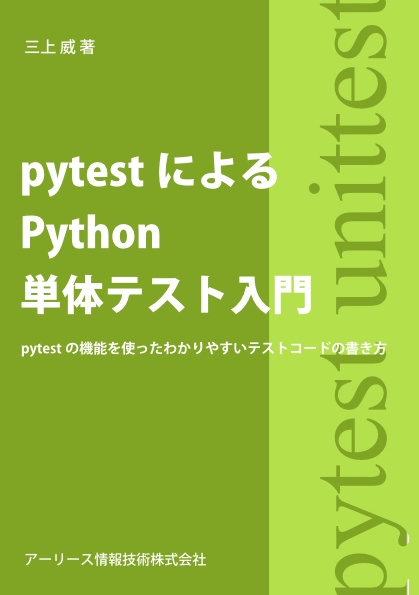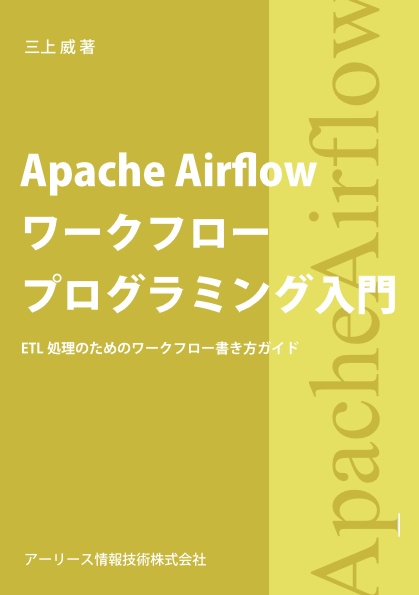Pythonで関数のソースコードを抜き出す
このエントリでは、
Pythonを使って、Pythonの関数のソースコードを抜き出す方法を示します。
日本語で説明しても、
何をしようとしているのか分かりにくいと思うので、
まず、コードと実行結果を示します。
コード: get_func_code.py
import ast
from typing import List
def get_func_code(f) -> str:
"""
指定した関数のソースコードを返却する
"""
def walk(nodes, lineno, hit):
endlineno = -1
for i, n in enumerate(nodes):
if hit:
endlineno = n.lineno
elif isinstance(n, ast.FunctionDef) and n.lineno == lineno:
hit = True
else:
endlineno, hit = walk(ast.iter_child_nodes(n), lineno, hit)
if endlineno != -1:
break
return endlineno, hit
filename = f.__code__.co_filename
lineno = f.__code__.co_firstlineno
with open(filename) as f:
source = f.read()
tree = ast.parse(source, filename)
endlineno, hit = walk(tree.body, lineno, False)
if endlineno == -1:
return '\n'.join(source.split('\n')[lineno - 1:])
return '\n'.join(source.split('\n')[lineno - 1:endlineno - 1])
if __name__ == '__main__':
code = get_func_code(ast.parse)
print(code)
実行結果:
% python3 get_func_code.py
def parse(source, filename='<unknown>', mode='exec', *,
type_comments=False, feature_version=None):
"""
Parse the source into an AST node.
Equivalent to compile(source, filename, mode, PyCF_ONLY_AST).
Pass type_comments=True to get back type comments where the syntax allows.
"""
flags = PyCF_ONLY_AST
if type_comments:
flags |= PyCF_TYPE_COMMENTS
if isinstance(feature_version, tuple):
major, minor = feature_version # Should be a 2-tuple.
assert major == 3
feature_version = minor
elif feature_version is None:
feature_version = -1
# Else it should be an int giving the minor version for 3.x.
return compile(source, filename, mode, flags,
_feature_version=feature_version)
上記のコードを実行すると、
ast.parse関数のソースコードが表示されます。
このようにして、Pythonを使って、
Pythonの関数のソースコードを抜き出すことが出来ました。
get_func_code関数で、関数を受け取りその実装を返却します。
ざっくりとした処理の流れは、次のようになっています。
- 関数のオブジェクトから、実装のファイル名・関数の開始位置をとる
- 実装のファイルを開き、構文木を使って、関数の終了位置(次の定義の開始位置)を調べる
- 実装のファイルの、開始位置〜終了位置の文字列を返却
ちなみに、どうして「関数の実装を抜き出したい」と思ったのかと言うと、
関数の実装をチェックする単体テストを書きたかったからです。
利用するFramework等によっては、
決まったメソッドに定型的なコードを記載する必要があったりします。
ですが、この手の機械的なコードはミスしがちなので、
単体テストでチェック出来ないかと思い、この方法を考えました。
Frameworkに合わせたLinterとかを作るのが正攻法かも知れないですが、
単体テストで対処するのもお手軽で悪くないかなと思っています。






